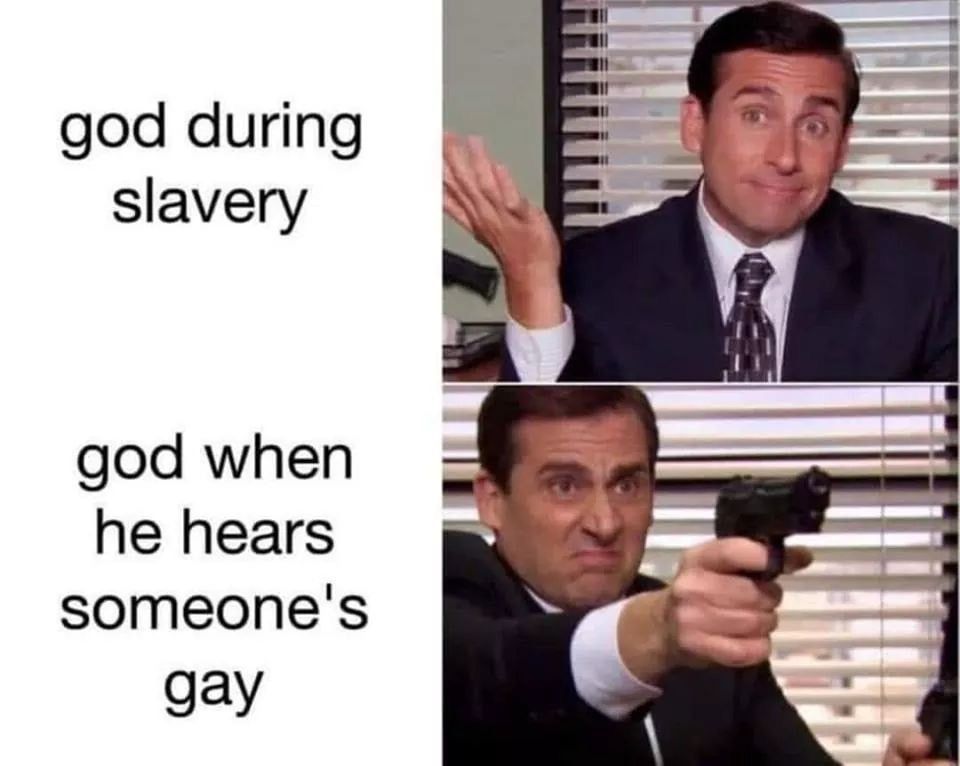Reparations Revisited: Has America Already Paid Enough?
Why Trillions in Spending Haven’t Closed the Gap

The push for federal reparations continues to make headlines, but many Americans question its necessity. Their reasoning is grounded in decades of massive federal spending on anti-poverty and racial equity programs, totaling in the tens of trillions. Despite this, measurable outcomes have consistently failed to meet expectations.
Trillions Spent, Minimal Progress
The War on Poverty, launched in 1964, has cost over $22 trillion (adjusted to 2012 dollars), not including entitlement programs such as Social Security and Medicare (Rector & Sheffield, 2014). Yet the national poverty rate remains largely unchanged—around 14%—since the late 1960s (Brookings Institution, 2010).
In 2010 alone, Congress allocated approximately $717 billion toward social safety net programs including welfare, housing subsidies, food assistance, education, and job training (Brookings Institution, 2010).
Collectively, this funding far exceeds any modern reparations proposal. Which raises a fair question: if these vast resources had been directly funneled to affected communities or applied through more effective means, would the results look any different?
The Return on Investment
Despite decades of spending, both poverty and economic disparity remain persistent. A 2021 study from the Federal Reserve Bank of San Francisco estimated that racial economic inequality has cost the U.S. economy $51 trillion in lost GDP since 1990 (Daly, 2021).
Local reparations efforts, such as Evanston, Illinois’ $10 million housing grant program for Black residents, have been promoted as models, but they remain small, localized, and largely unscalable at the national level (Perry & Romer, 2023).
Redistribution or Reform?
Reparations advocates estimate that national reparations would cost between $10 and $12 trillion (Darity & Mullen, 2019). However, history raises serious concerns about throwing more money at a problem that previous trillions failed to fix.
Critics argue that a better use of federal resources would be systemic reforms—not direct cash payouts. This includes returning control of education to local communities, promoting entrepreneurship, incentivizing family stability, and addressing criminal justice and housing access in ways that drive long-term self-reliance.
Without performance metrics, accountability, or structural correction, any additional spending risks repeating the same ineffective cycle.
Conclusion
This is not simply a question of whether the United States has spent enough. It’s a question of whether it has spent wisely. The answer, after more than half a century and tens of trillions in public investment, appears to be no.
If money alone were the solution, inequality would be a thing of the past. Instead, the track record reveals disappointing results and entrenched inefficiencies. Critics of federal reparations argue that the country doesn't need more symbolic policy—it needs results-driven reform rooted in proven outcomes, not ideology.
References
Brookings Institution. (2010). Social programs in the United States.
https://www.brookings.edu
Daly, M. (2021). Racial and ethnic inequality cost the U.S. economy $51 trillion since 1990. Federal Reserve Bank of San Francisco.
https://www.weforum.org
Darity, W., & Mullen, A. (2019). From Here to Equality: Reparations for Black Americans in the Twenty-First Century. University of North Carolina Press.
Equitable Growth. (2013). Federal budget and entitlement spending overview.
https://equitablegrowth.org
Heritage Foundation. (2014). The war on poverty after 50 years.
https://www.heritage.org
Perry, A., & Romer, C. (2023). Evanston's housing grant program: Local reparations in practice. Brookings.
https://www.brookings.edu
Rector, R., & Sheffield, R. (2014). The War on Poverty after 50 Years. The Heritage Foundation.
https://www.heritage.org











